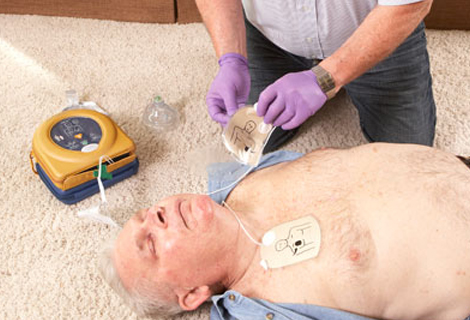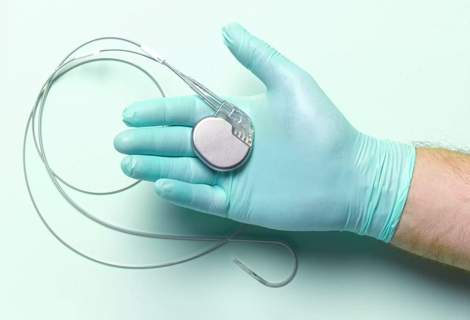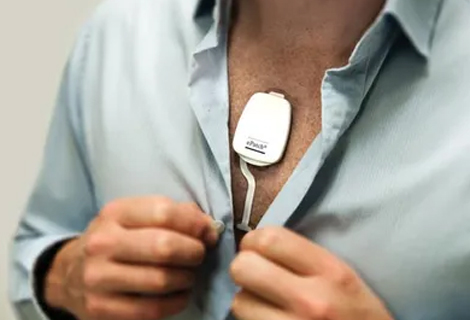What is an Atherectomy?
Atherectomy is a medical procedure that removes plaques from blood vessels using a catheter with a sharp blade or a laser at its tip. An atherectomy is a treatment for atherosclerosis, a heart disease where plaques of fatty substances are built up in the arteries.
Plaque formation will restrict blood flow or rupture, resulting in blood clots. Hence, atherectomy is designed to remove plaque from the arteries. In addition, it is also used to treat peripheral artery disease and coronary artery disease. In some cases, it is performed on patients who have undergone angioplasty and stenting but have recurred plaque formation.
What is the need for an Atherectomy?
Your physician may recommend an atherectomy if plaque has narrowed or blocked your artery. As blood flow becomes restricted, the plaque must be removed to avoid further complications.
Atherectomy may not be for everyone, but it is an effective treatment for atherosclerosis, peripheral artery disease, and coronary artery disease. It is particularly beneficial to remove blockages where stenting is not possible or where the arteries are branching.
What are the risks of Atherectomy?
Atherectomy is a procedure where a rotating sharp blade or laser is inserted through the blood vessel to the site of the blockage. The narrowed artery is found by injecting a dye through the catheter.
It then reduces the plaque restricting the blood flow and collects it with the chamber at the tip of the catheter. In addition, a stent or angioplasty would be done to ensure that the artery stays open.
Although risks in this procedure are rare, some of the possible risks include:
-
Allergic reaction to the dye
-
Re-blockage of the artery
-
Embolization
-
Kidney problems
How to prepare for an Atherectomy?
Before the procedure, you must inform your physician about the medicines you take and your allergies. According to the physician’s instructions, you have to hold off on some medications and take some tests to examine your health.



